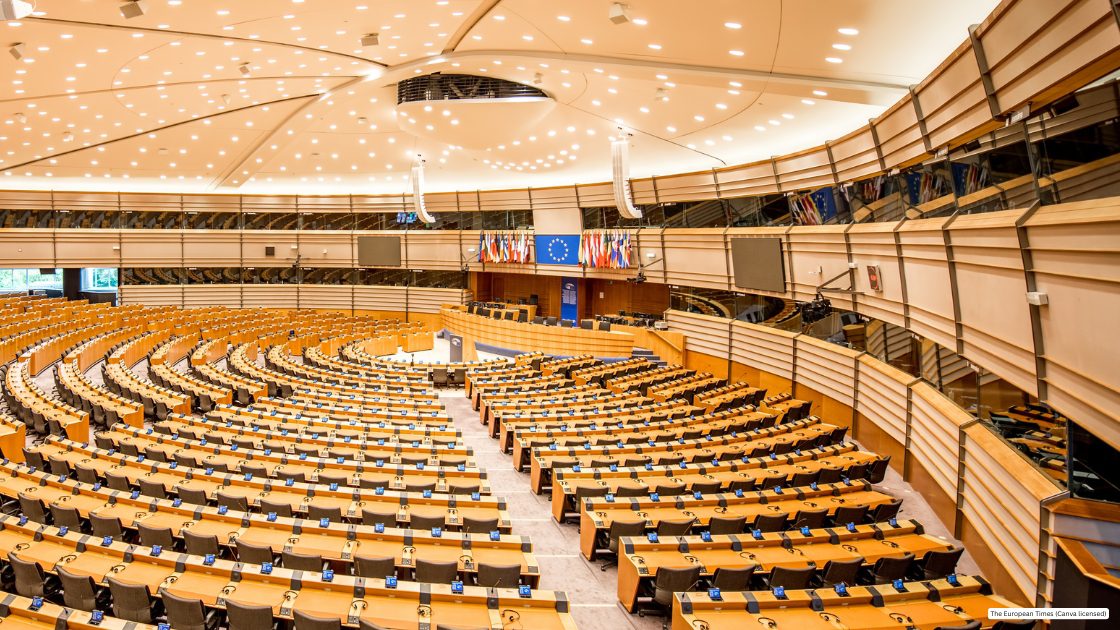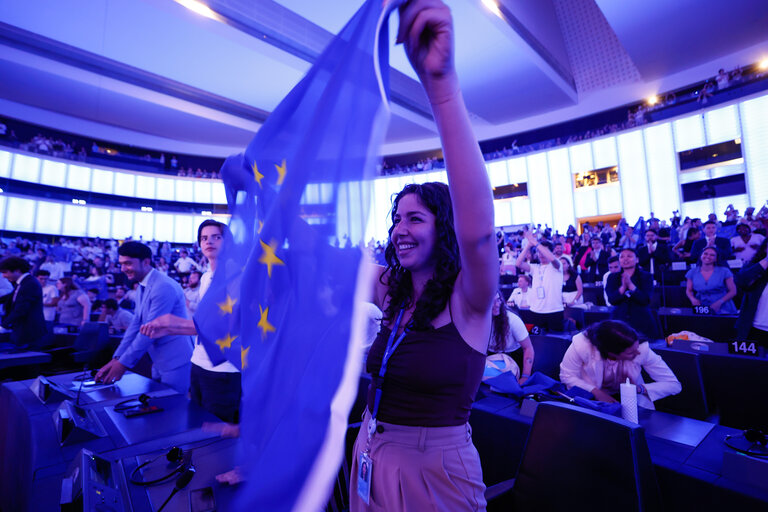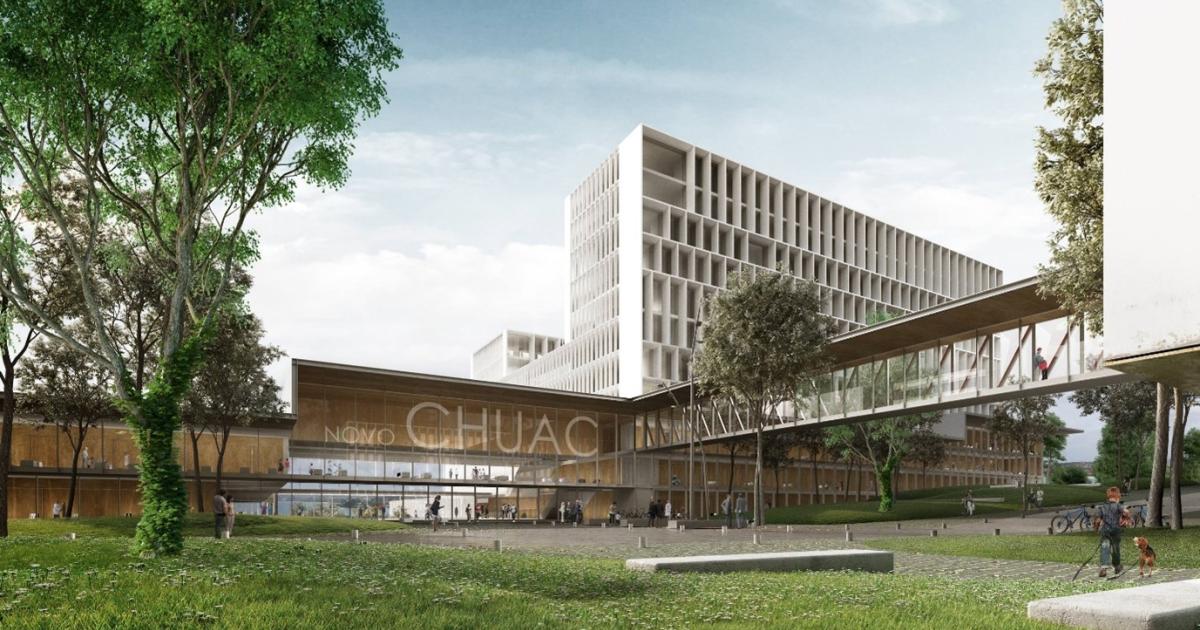Politics
29 arrested and 26 tonnes of illegal plant protection products seized in France and Spain

In a significant blow to environmental crime, law enforcement agencies from France and Spain, supported by Europol, have dismantled a sophisticated criminal network involved in the sale of illegal plant protection products. The operation led to the arrest of 29 individuals and the seizure of 26 tonnes of unauthorised pesticides worth over EUR 5 million.
A Sophisticated Criminal Enterprise
The investigation revealed that the gang had been operating since 2020, exploiting legitimate business structures to coordinate an illicit supply chain spanning Italy, Portugal, and Spain. Their modus operandi included falsifying documents to disguise illegal pesticides as fertilizers or motor oils, making it easier to smuggle them into the market undetected. Containers of these hazardous substances were often camouflaged, while transactions were conducted through foreign banks to obscure their origins.
Members of the criminal organisation played specific roles within the syndicate, ensuring its operations ran smoothly despite their illicit nature. This level of organisation posed a significant challenge for investigators, who described the case as one of the most complex they had encountered in recent years.
Two-Phase Operation Yields Impressive Results
Led by Spain’s Guardia Civil, the investigation unfolded in two phases between June 2024 and January 2025. During this period, French authorities collaborated closely with their Spanish counterparts in the first phase, followed by Italian authorities joining efforts in the second phase.
Key outcomes of the operation include:
- 29 arrests: 22 suspects were detained during the initial phase, with seven more apprehended later.
- 26 tonnes of illegal pesticides seized.
- 14 bank accounts frozen.
- Criminal assets worth EUR 350,000 frozen.
These figures underscore the scale of the criminal enterprise’s activities and highlight the importance of international cooperation in tackling transnational crime.
Environmental Crime: A Growing Concern
This case sheds light on a worrying trend in environmental crime—the use of coordinated structures and illicit supply chains to distribute unauthorised products. Many of the seized pesticides were either expired, lacked necessary authorisation, or were entirely unregistered. Such products pose serious risks not only to human health but also to ecosystems, water sources, and agricultural sustainability.
According to Europol, more than 85% of criminal organisations exploit legal businesses to transport illicit goods, expand their influence, and launder profits. This issue is pervasive across all EU Member States and other global regions, necessitating urgent action at both national and international levels.
Europol’s Crucial Role
Europol played a pivotal role in the success of the operation by providing analytical support and facilitating seamless information exchange among national authorities. Experts from Europol’s environmental crime unit worked tirelessly to help piece together the intricate web of evidence linking the suspects to their illegal activities.
“Environmental crimes are increasingly becoming a priority for law enforcement due to their far-reaching consequences,” said an Europol spokesperson. “By targeting high-value targets through integrated approaches and operational task forces, we aim to disrupt these networks and prevent further harm.”
Authorities Collaborate Across Borders
The investigation brought together multiple agencies from three countries, showcasing the power of cross-border collaboration:
- France: L’Office Central de Lutte Contre les Atteintes à l’Environnement et à la Santé Publique (OCLAESP), part of the French Gendarmerie.
- Italy: Carabinieri – Health Protection Command (Comando Tutela della Salute).
- Spain: Spanish Guardia Civil.
Their joint efforts demonstrate how pooling resources, expertise, and intelligence can effectively dismantle even the most entrenched criminal networks.
A Warning to Legitimate Businesses
The exploitation of legal businesses by criminal organisations serves as a stark reminder of the vulnerabilities within global supply chains. Regulatory bodies, private sector stakeholders, and law enforcement must work hand-in-hand to close loopholes and strengthen oversight mechanisms.
As environmental concerns continue to rise globally, operations like this send a clear message: those who flout regulations and endanger public health and the environment will face swift and decisive justice.
Looking Ahead
While this operation marks a significant victory against environmental crime, authorities remain vigilant. With new trends emerging and criminal networks evolving, ongoing collaboration and innovation will be essential to stay ahead of threats. For now, however, the dismantling of this major criminal ring stands as a testament to what can be achieved when nations unite under a common cause—to protect people and the planet.
Source link
Politics
New plan will help EU countries tackle cyber-attacks better


© FRVS+MPCP 2022. The European Times® News is registered as an EU Trademark. All rights reserved. The European Times® and the logo of The European Times® are EU trademarks registered by FRVS+MPCP.
Members/Partners of

About Us
Popular Category
DISCLAIMER OPINIONS: The opinions of the authors or reproduced in the articles are the ones of those stating them and it is their own responsibility. Should you find any incorrections you can always contact the newsdesk to seek a correction or right of replay.
DISCLAIMER TRANSLATIONS: All articles in this site are published in English. The translated versions are done through an automated process known as neural translations. If in doubt, always refer to the original article. Thank you for understanding.
DISCLAIMER PHOTOS: We mostly used photos images that are readily available online, from free sources, or from the people promoting the news. If by any chance it happens that we have used one of your copyrighted photos, please do not hesitate to contact us and we will take it down without question. We do not make profits as this is a not for profit project to give voice to the voiceless while giving them a platform to be informed also of general news, and it is completely free.
Editor Picks
Politics
EYE2025 (European Youth Event): thousands to celebrate the power of democracy | News

EYE2025 (European Youth Event) will be opened by Parliament Vice-president Sabine Verheyen (EPP, DE) on Friday 13 June at 10:00 in the EYE village. Vice-president Nicolae Ştefănuță (Greens/EFA, RO) will take part in a session dedicated to the next long-term budget, on Saturday at 15:00. The closing session, with Vice-president Pina Picierno (S&D, IT), will take place on Saturday at 16:45.
Over the two days, there will be panel discussions with MEPs and other EU decision-makers, as well as with experts, activists and content creators. Debates between MEPs and the young participants will cover climate justice, skills for the future, the EU’s next long-term budget, and freedom of speech and media, among many other topics.
Commissioner for Intergenerational Fairness, Youth, Culture and Sport Glenn Micallef will lead a Youth Policy Dialogue on Friday at 11:00, and take part in a panel discussion on young people’s mental health that afternoon. Executive Vice-President of the Commission, Henna Virkkunen will join in a conversation on how technology can strengthen democracy, on Friday at 15:00.
Other guest speakers are democracy activist Daria Navalnya, the Kayapo Amazonian tribal leader Chief Tau Metuktire and the Mayor of Strasbourg Jeanne Barseghian.
The programme also includes workshops on a wide range of issues that concern young people, from disinformation to housing and migration. Quizzes, tours, artistic performances, storytelling workshops and concerts are other options among more than 450 activities organised for the sixth edition of EYE.
All sessions in the hemicycle will be streamed live on the EYE2025 Facebook page and via Parliament’s Multimedia Centre. More details about the schedule, speakers and activities are available on the European Youth Event website.
Press briefing
On Friday 13 June at 16:30, there will be a press briefing with Vice-president Verheyen on media freedom in the EU, in the Daphne Caruana Galizia press conference room. You can follow it live here.
Source link
Politics
Galician healthcare system receives nearly €510 million in EU support for its modernisation

The European Commission supports the development of the new A Coruña university hospital complex (CHUAC) in the city of A Coruña, located in the Spanish region of Galicia. The grant of nearly €60 million awarded under the Public Sector Loan Facility (PSLF), as part of the Just Transition Mechanism (JTM), complements a loan of €450 million provided by the European Investment Bank (EIB), and Xunta de Galicia’s own resources, bringing the total investment to €600 million.
This social infrastructure project of regional interest aims to expand and modernise the existing hospital complex in A Coruña. It is one of Xunta de Galicia’s major actions to strengthen its public healthcare system. The new hospital complex will include state-of-the-art infrastructure and facilities to provide comprehensive and high-quality healthcare and medical services for patients.
The resulting modern and sustainable healthcare infrastructure will improve the provision of health services and the quality of life of the citizens of Galicia, which in turn will enhance regional convergence with a significant impact on the local economy and employment.
Thanks to this project, around 564 000 people are expected to benefit from more efficient, accessible and quality health services in A Coruña and the surrounding areas. The project is also expected to create an estimated 6 140 direct and indirect jobs related to health infrastructure, representing approximately 1.3% of the employed population in A Coruña. With its energy efficiency measures, bioclimatic architecture, as well as sustainable and smart resources management, the project can substantially contribute to climate change mitigation.
This investment therefore plays a crucial role in mitigating the long-term socioeconomic consequences of the coal-fired plants closures in the region, while promoting a sustainable and an inclusive recovery for Galicia in the context of the region’s ageing demographic and green transitions.
Emma Toledano Laredo, Director at the European Commission (DG REGIO), said:
The European Commission, together with CINEA and the EIB, is very proud to bring the new A Coruña university hospital complex to life thanks to the Public Sector Loan Facility. This green, innovative and people-first project will enhance the provision of healthcare to Galicians, while bringing jobs to the region. This is yet another example of how a just and green transition can bring improvement in all sectors of a regional economy and its people.
Paloma Aba Garrote, Director of CINEA, added:
The new A Coruña university hospital complex is an excellent example of how the Public Sector Loan Facility can support European regions in their transition towards climate neutrality and improve people’s lives. Together with our partners, we are proud to invest in a sustainable and modern healthcare infrastructure, which will provide high-quality and accessible services for Galicians while fostering social cohesion, regional convergence and sustainability.
A spokesperson for the Xunta de Galicia regional government stated:
This project aiming to modernise and expand the A Coruña university hospital complex is a fundamental investment to develop the Galician healthcare infrastructure. Galicia is the first Spanish region to receive support from the Public Sector Loan Facility. Moreover, the new CHUAC project has been awarded the biggest PSLF grant so far, amounting to €59.3 million.
About PSLF
The Public Sector Loan Facility (PSLF) is the third pillar of the Just Transition Mechanism (JTM) – a key tool of the European Green Deal Investment Plan to make sure that no one and no region is left behind in the transition to a climate-neutral economy.
The PSLF combines loans from the European Investment Bank (up to around €6-8 billion) with grants from the European Commission (up to €1.3 billion). The combined support is designed to mobilise additional investments for public sector entities in the regions most affected by the green transition as identified in the Territorial Just Transition Plans, to meet their development needs as they move towards a climate-neutral economy. Each Member State creates these plans to identify the challenges faced by just transition regions, along with their development needs and targets for 2030.
The combination of the European Investment Bank loan and the EU grant will help fund projects that do not generate enough revenues to cover their costs.
PSLF is managed by DG REGIO and implemented by CINEA.
About DG REGIO
The Directorate-General for Regional and Urban Policy (DG REGIO) is the department of the European Commission responsible for EU policies on regions and cities. It develops and carries out the Commission’s policies on regional and urban policy. It assists the economic and social development of the developed and less developed regions across the European Union.
About CINEA
The European Climate, Infrastructure and Environment Executive Agency (CINEA) is an Executive Agency established by the European Commission to implement parts of EU funding programmes for transport, energy, climate action, environment and maritime fisheries and aquaculture. CINEA aims to assist its beneficiaries, establish strong partnerships, deliver high-quality programme and project management, foster effective knowledge sharing and create synergies between programmes – to support a sustainable, connected, and decarbonised Europe.
About the EIB
The European Investment Bank (EIB), whose shareholders are the 27 Member States of the European Union, is the EU’s long-term financing institution. The EIB provides loans to the public and private sectors to support high-quality investments contributing to the achievement of the EU headline targets.
Visit the PSLF webpage on CINEA website to find out more about the Facility and the projects it funds.
-
EU & the World5 days ago
Aurora Borealis Forecast: Where & When to See the Northern Lights Tonight
-

 Sports7 days ago
Sports7 days agoChampions League Final 2024-2025: PSG-Inter, official lineups
-

 EU & the World6 days ago
EU & the World6 days agoRihanna’s Parents: About Her Late Dad Ronald Fenty & Mom Monica Braithwaite
-

 Sports6 days ago
Sports6 days agoOfficial: Damien Comolli new general manager of Juventus.
-

 EU & the World6 days ago
EU & the World6 days agoLoretta Swit’s Net Worth: How Much Money the ‘M*A*S*H’ Alum Had
-

 Sports7 days ago
Sports7 days ago“Pecco Bagnaia is a'shadow”: the'former driver celebrates Marc Marquez
-

 EU & the World6 days ago
EU & the World6 days agoTaylor Swift’s Net Worth: How Much Money She Has in 2025
-

 EU & the World6 days ago
EU & the World6 days ago‘King of the Hill’ Revival: Upcoming Hulu Sitcom’s Release Date & More








